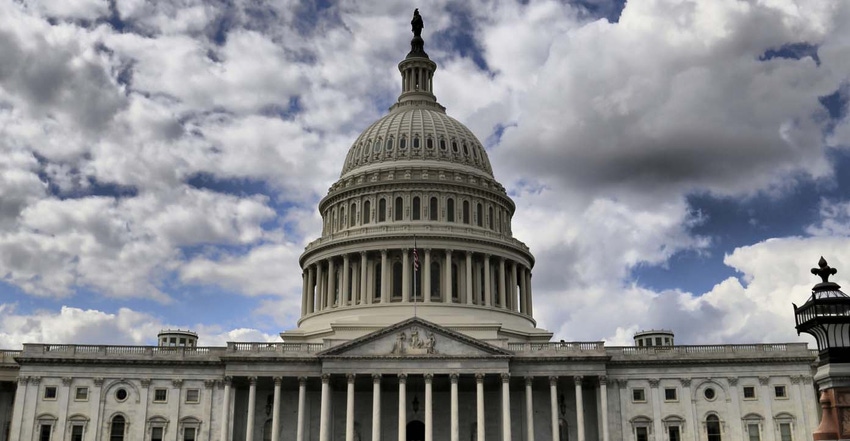
Should American farm subsidies be phased out? One rural California congressman thinks so, but he isn’t finding many allies.
U.S. Rep. Tom McClintock, a conservative Republican whose 4th Congressional District covers the Central Valley’s east side and foothill areas and stretches from north of Sacramento to south of Fresno, urges us to consider what has happened in New Zealand.
The island nation “is four times more dependent on agriculture” than the United States and maintained extensive farm subsidies until it ended them in 1984, McClintock explains in a guest op-ed submitted to local media.
The result, he argues, is that farm productivity and earnings rose.
“American agriculture is a tangled mess of price supports, insurance subsidies, commodity rules, quotas, bailouts, loan guarantees and other bureaucratic interventions that distort the price signals that are essential to maximize productivity in any market,” he writes. “The result? Higher prices for consumers, higher costs for taxpayers and ironically, lower productivity for farmers.”
If left alone, prices convey “a wealth of information” for consumers to make decisions, and those choices in turn guide production toward filling the greatest need, McClintock posits. For instance, the prices of a cup of coffee is determined by a variety of global factors, from weather and pest pressures in South America to currency exchange rates to local competition, he explains. Then consumers’ response – whether to drink more or less coffee or switch to tea – sends signals to producers about the demand for the product.
“When government interferes with the pricing structure, it corrupts the data that is necessary to ensure that every dollar in the economy is spent wisely,” McClintock says.
However, McClintock’s recent amendment to slowly phase out farm subsidies over the next 12 years got just 34 votes in the 435-member House of Representatives.
One of the 380 “no” votes cast on May 17 was by Rep. Doug LaMalfa, a Republican from the neighboring 1st Congressional District in the northeastern corner of the state. A fourth-generation rice farmer, LaMalfa has grown accustomed to being asked by critics – and local reporters like me – how he can espouse fiscal conservatism yet accept millions of dollars in farm subsidies. LaMalfa has argued that the nation needs price stability for certain staple crops to avoid being dependent on other countries for food, and that if he hadn’t accepted the subsidies, his business would have been at a competitive disadvantage.
But that’s the difference between LaMalfa, a lifelong farmer who eventually entered politics, and McClintock, a lifelong politician. For LaMalfa, the question of whether there should be farm subsidies isn’t merely theoretical.
And while McClintock’s arguments may have at least some merit, I suspect most growers would prefer that lawmakers first address the countless regulations, pesticide restrictions, water cutbacks and other roadblocks government puts in the way of farmers, before they start looking at subsidies.
About the Author(s)
You May Also Like






